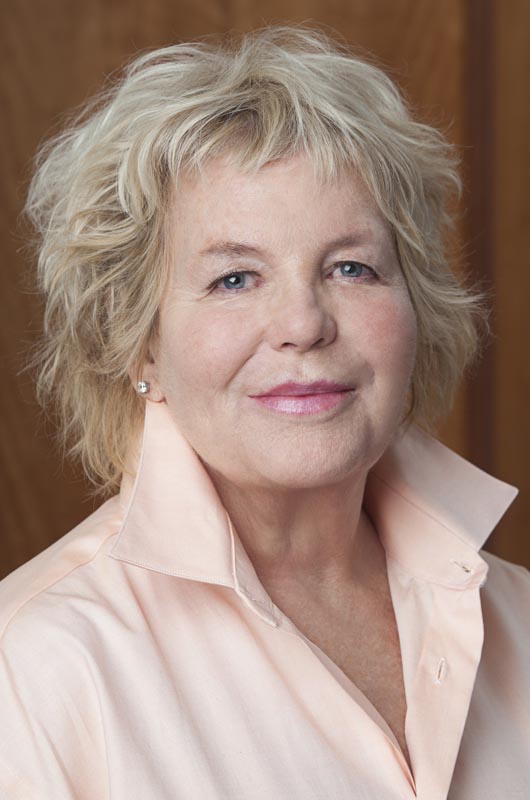Lucinda Franks, author, Pulitzer Prize-winning journalist, and a West Tisbury seasonal resident since the 1970s, died last week in her home at Hopewell Junction, N.Y. after battling cancer. She was 74, and had spent much of the past year at her home on Music street.
She was the widow of the late former longtime Manhattan district attorney Robert Morgenthau.
At the age of 24, when she was a reporter for United Press International, she became one of the youngest recipients of a Pulitzer Prize, and the first woman recipient of the award, She received it for a story about a domestic terrorist organization that had accidentally blown up a townhouse in Greenwich Village, N.Y., in 1970, killing one member of the organization. To write her five-part series about the event, she embedded herself for several days with the family of the young woman killed.
Three years later, on another UPI assignment, she interviewed Mr. Morgenthau, at the time a widower who had been a Vineyard seasonal resident for decades. In her 2014 book TIMELESS: Love, Morgenthau and Me, she recounted how, three years after their first meeting, Mr. Morgenthau had invited her to a fundraiser. A romance began between the radical young journalist and the staid district attorney who was only six years younger than her father. They had been married for more than three decades with two children when Mr. Morgenthau died in 2019.
Much of her time on the Vineyard was spent writing magazine and newspaper articles and another book, My Father’s Secret War: A Memoir, the story of her father’s life as an American spy posing as a German in World War II. She played tennis at the West Tisbury home of Judy Birsh and went out on the boat her husband kept at Menemsha for his bluefishing expeditions. She enjoyed swims at Quansoo and entertaining Vineyard friends.
Lucinda Franks was born in Chicago July 16, 1946, a daughter of the late Thomas E. Franks and the late Lorraine (Leavitt) Franks, but the family soon moved to Wellesley. She graduated from Vassar College in 1968 and then went to London and began work for UPI as the London bureau’s first female reporter. She broke the mold of writing about women’s subjects by going on her own to Northern Ireland in the time of the bloody “troubles” between Catholics and Protestants and filing a story about the conflict. She later wrote that was how she got off writing about beauty contests and spent the next seven years dodging bullets in Northern Ireland. After that, UPI transferred her to New York. She left UPI in 1974 to become a staff writer for the New York Times and later for the New Yorker. She also freelanced for the New York Times Magazine, the Atlantic, New York Magazine and other periodicals.
She is survived by her two children Joshua Franks Morgenthau and Amy Elinor Morgenthau; a sister, Barbara Penelope Franks-Hriaur; and four stepchildren from Mr. Morgenthau’s first marriage.


Comments
Comment policy »